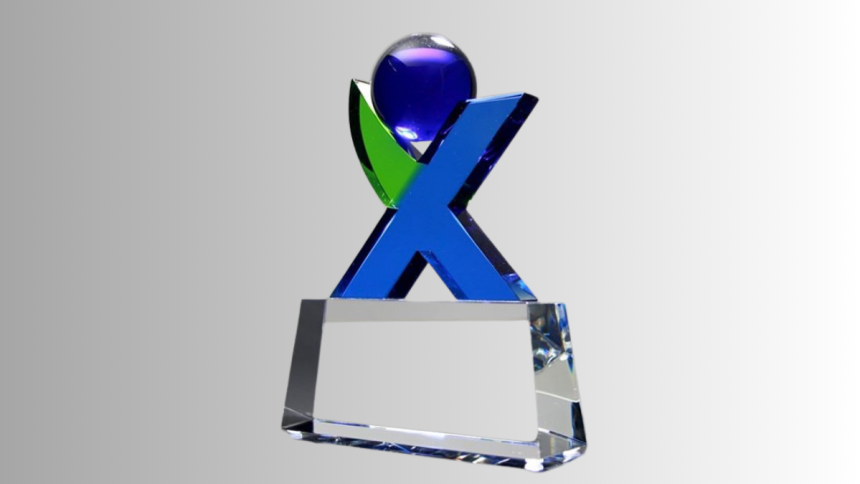Awards do more than honor achievement — they define industries, shape careers, and ignite cultural shifts. From the Nobel Prize to the Academy Awards, recognition reinforces excellence, sets benchmarks, and elevates voices that might otherwise go unheard. But its influence extends far beyond a single moment of celebration.
Recognition has the power to drive innovation, create new industry standards, and inspire future generations. By rewarding breakthroughs, awards not only validate success, but also encourage others to push boundaries and reimagine what’s possible.
Awards as Industry Trendsetters
Industry awards don’t simply reflect trends; they create them. The winners and nominees of prestigious awards often set the tone for what is valued in a given field. Whether in science, business, or the arts, these accolades signal where the industry is headed and what defines success.
For example, film awards like the Oscars influence the types of stories that get funding, shaping the narratives that reach global audiences. Similarly, tech awards like the Turing Award highlight groundbreaking advancements, directing attention and resources to emerging fields such as artificial intelligence and quantum computing.
The impact of recognition goes beyond the recipients. When an artist, scientist, or entrepreneur is honored, their work gains visibility, influencing consumer choices, industry investment, and public discourse. In this way, awards create a ripple effect, guiding industries toward innovation and progress.
The Psychological and Social Impact
Recognition is a powerful motivator. Studies in psychology show that acknowledgment and validation enhance motivation, boost confidence, and encourage continued excellence. Awards provide external reinforcement for hard work and creativity, giving professionals a reason to strive for higher standards.
Beyond individual motivation, recognition fosters inclusion and diversity. When awards highlight underrepresented voices, they help break barriers and inspire new generations of talent. For example, initiatives like the MacArthur Genius Grants have amplified the work of diverse thinkers, expanding the range of ideas and perspectives that shape industries.
Public recognition also has a societal impact, helping to challenge outdated norms and encourage broader participation. When groundbreaking achievements receive attention, they inspire young people to enter fields they may not have previously considered. A single award can change perceptions, making entire industries more accessible and inviting.
The Award Effect: Beyond the Trophy
Winning an award is more than an honor — it’s a strategic advantage. Recognition can enhance credibility, attract investment, and open doors to new opportunities. For businesses and individuals alike, awards serve as a seal of excellence, signaling trustworthiness to clients, investors, and partners.
Beyond business benefits, awards also play a role in cultural progress. Recognition can bring attention to social issues, helping to drive meaningful change. The Pulitzer Prize, for instance, has historically elevated critical journalism that holds power to account, while sustainability awards push industries toward more responsible practices.
These acknowledgments don’t simply reward past achievements; they shape future priorities. When industries recognize innovation and social responsibility, they encourage others to follow suit, advancing critical conversations and influencing public policy.
The Future of Recognition
As industries evolve, so do the ways we recognize achievement. Advances in technology, data analytics, and audience participation are reshaping how awards are determined and perceived. AI-driven evaluation methods are making selection processes more objective, while audience voting increases transparency and engagement.
Digital platforms have also expanded access to recognition. Crowdsourced awards, decentralized judging panels, and real-time public feedback are redefining what it means to be honored. In the future, recognition may become more inclusive, rewarding not only the best, but also the boldest, the most impactful, and the most socially responsible.
Industry awards will likely continue to serve as a driving force for progress, evolving alongside societal values and technological advancements. The way we celebrate excellence today will shape the innovation and leadership of tomorrow.
Recognition as a Driver of Lasting Change
Awards are more than accolades; they can be catalysts for growth, innovation, and cultural transformation. Whether shaping industry trends, motivating individuals, or inspiring new generations, recognition holds lasting power.
For professionals, businesses, and organizations, leveraging recognition is a way to lead, innovate, and create meaningful impact. The future belongs to those who not only strive for excellence, but also recognize and uplift the achievements of others.
Lynn Martelli is an editor at Readability. She received her MFA in Creative Writing from Antioch University and has worked as an editor for over 10 years. Lynn has edited a wide variety of books, including fiction, non-fiction, memoirs, and more. In her free time, Lynn enjoys reading, writing, and spending time with her family and friends.















